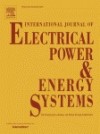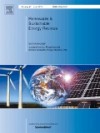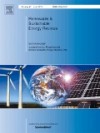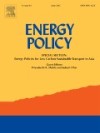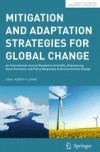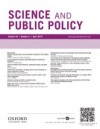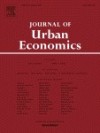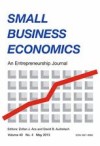Ortega M., Del Rio P., Ruiz P. & Thiel C. (2015) Employment effects of renewable electricity deployment. A novel methodology. Energy 91: 940-951
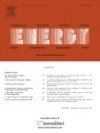
Abstract. There has been an intense debate on the quantification of the employment effects of renewable electricity deployment in the European Union. However, most studies carried out in the past have focused on specific countries and those with a European-wide scope have not provided disaggregated results per country. Furthermore, differences between importing and exporting countries have not been considered. This paper aims to cover those gaps.



